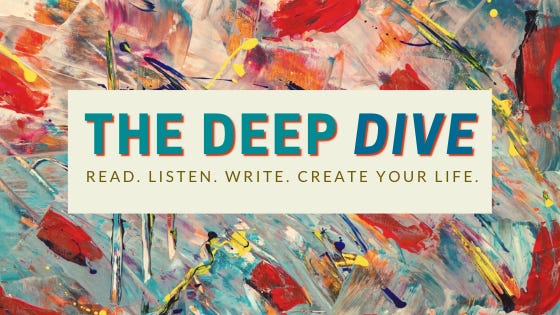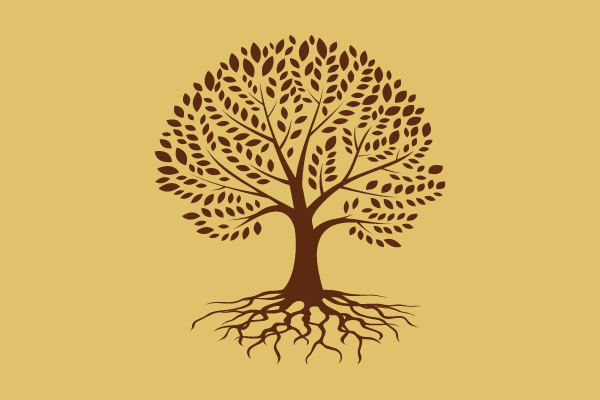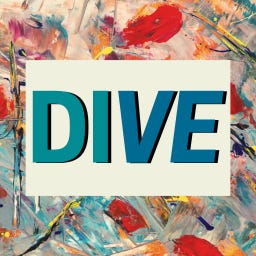Welcome to “Waging Peace”
Remember, you’re the co-creator of this dive. Do as much or as little as you’d like, when you’d like, how you’d like, with the materials I provide. Just keep gentle faith with yourself.
Set your intention
Take a moment to name the primary intention you have for this month-long deep dive and/or this particular session. Take a quiet moment to center yourself in that intention.
Receive the music
Try to refrain from judging the music as “good” or “bad” or forming an “I like it” or “I don’t like it” opinion. For a few minutes, cultivate curiosity and openness. If resistance arises in you, be curious about that too.
Read the poem
I invite you to read this poem twice—aloud, at least once. You may also listen to my reading of the poem, perhaps with your eyes closed.
WATER Sohrab Sepehri Translated from the Persian by Jerome W. Clinton Let’s not muddy the water. Imagine that close by a dove is drinking from it, or in a distant grove a finch is washing its wings in it, or in some village it fills a storage jar. Let’s not muddy the water. Perhaps this flowing stream runs by the foot of a poplar tree and eases some heart’s grief. A dervish, perhaps, has moistened his crust in it. A young woman stood on its bank— the water doubled her beauty. Let’s not muddy the water. How delicious this water is! How refreshing this stream! Those people who live upstream, how fortunate they are! May their springs be ever fresh, their cows always fertile! I haven’t seen their village, But surely, God’s foot is on their threshing floor and the moonlight there illuminates the width of their words. The walls are low in the village upstream. Blue there is really blue. When buds blossom, they know, those people. What a village it must be! May its streets be filled with music! Those people by the stream Have left it clear. Let’s not muddy the water. (from Poetry of Presence II)
Contemplate/Create
Use any of these questions however you wish—e.g., as openings for meditation or prayer, as prompts for journaling or poetry-writing, as sparks for drawing or painting, as catalysts for change-making . . . You may also ignore my questions altogether to go off in other directions!
This poem asks us to be mindful of all those living “upstream” who have kept the water clear on our behalf, that we might do the same for those living downstream of us. When you think of those “upstreamers,” who are they? What is the “clear water” they have passed on to you?
Reflect/write/create in response to this stem: “Let’s not muddy the water.
Let’s _______.”
Want to visit with other Rafters in the Deep Dive?
Leave a comment on this post using the button. (Note: if you haven’t created a Substack profile yet, you’ll be asked to do so before you can comment.)
These materials are for educational purposes only. Not for sale or reproduction.
Join me and a SPECIAL MYSTERY GUEST
for a closing Zoom on February 1!
6:00-7:00PM Central (7:00 ET, 5:00 MT, 4:00 PT)
Let’s close “Waging Peace” with a time of voluntary sharing. (It’s fine just to listen!) Come and reflect with other Rafters on this Deep Dive.
Registration is required for this celebration.
(Note: Minimum of five people must have registered for the Refuge by midnight, January 31, in order for this Zoom to take place. Thanks!)









Let's not muddy the water. Let us see it, respect it, apprecite it for what it really is...life everlasting.
I am noticing how I receive the music each day…and each day is different.
I try to find the message of PEACE in them.
Today’s piano and visual treats were especially delightful.
****
“A young woman stood on its bank—
the water doubled her beauty.
Let’s not muddy the water.”
This struck me quite visually.
Then I got stuck…
The poet’s choice of the word width rather than depth.
“…the moonlight there illuminates
the width of their words.”
I’ve never heard this as an expression before
and my mind doesn’t wrap around the concept.
If he had said depth, I would have applauded.
Any thoughts?
Then, of course, I pondered the value of mud…oh well…